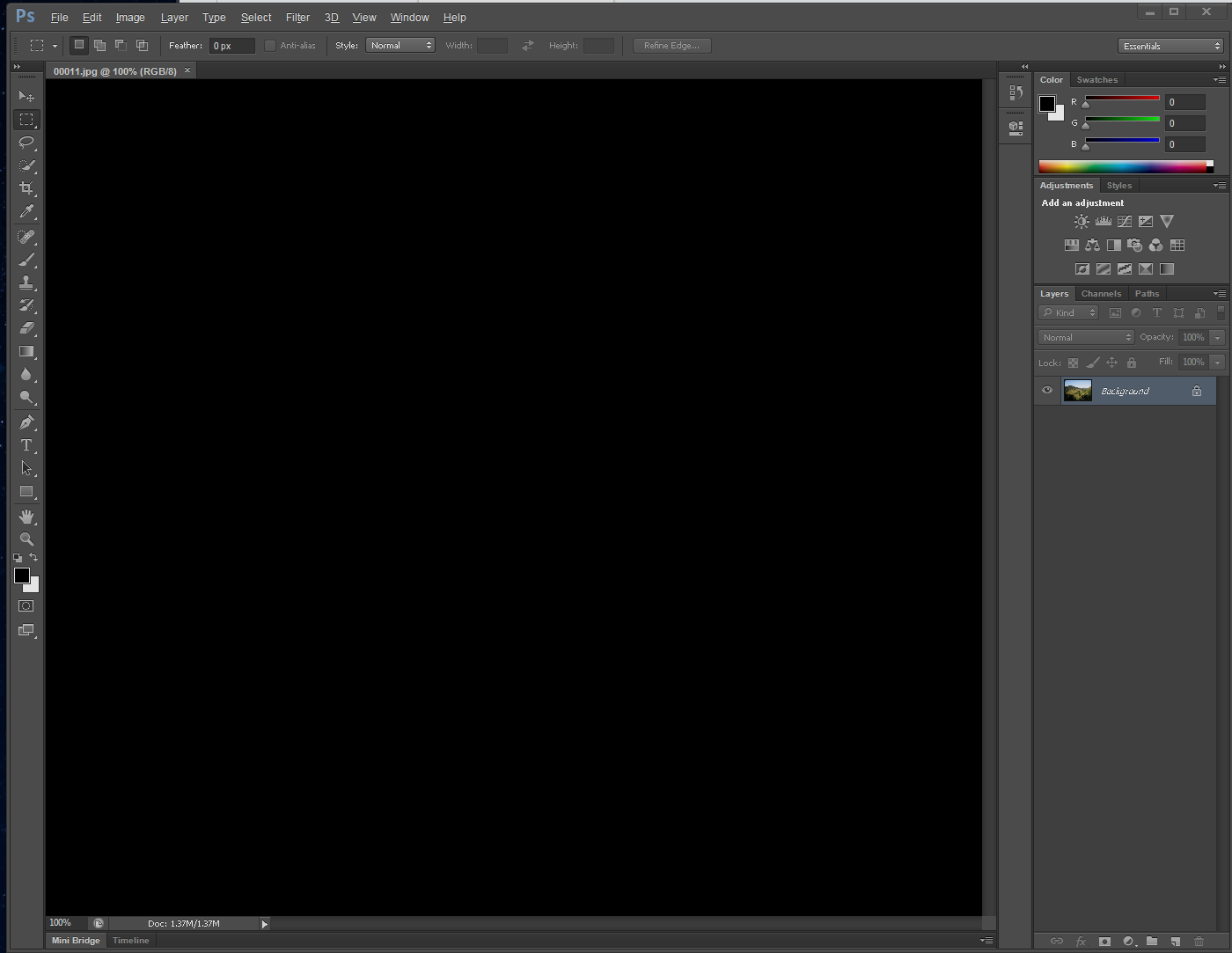I hope so.
orac
I am no git- expert; I mostly just branch and commit, that's the extent of my knowledge. Can you point me into the direction of some information regarding this (specific commands I could use?)
And 'Odd' is an understatement ;P these files are fairly old (I oldest was made in 1999 and the last version was from 2002) and the client was lucky they found the initial set and the last version on separate backups (floppies !). What we initially did was commit the initial version and then overwrite them with the latest version and commit again. So we now have a git history of the difference between the originals and the revisions. My job is to check if the final version is correct e.i either conform the work specification of the time (report), or any of the revisions (as-built) since then. And then create a comment that can be read by both the operator console and the archive-system. My best guess is someone's nephew created this program because why anyone would use XML for this is beyond me, although I guess in 1999 this was state-of-the-art? And no one wants to touch that codebase with a 5ft pole, lol. Anyway, the comments are parsed in a specific and precise way.
EDIT: As for your question about #ACCEPTED. The rules are "simple" each comment should start with either %ATTCHANGE, %REM, %ADD or %NOTE then 2 colons, then the old element (complete) or the ols attribute (seperated) or the note, then again 2 colons and last either #ACCEPTED, #DENIED or #REVIEW. Reveiw is followed by any text explaining why it needs reviewed, and denied and accepted are followed by either "see report xxxxx" or "as-built xxxxx" where xxxx is some reference.
They are XML files and changes would be things like added or removed elements or changed attribute values. So e.g.: Version 1:
[...]
<Dynamo vendor="Siemens" max-rotation=12>
[...]
<Light colour="white">
[...]
Version 2:
[...]
<Dynamo vendor="Siemens" max-rotation=16>
[...]
The comments would look like:
[...]
<!-- %ATTCHANGE :: max-rotation=12 :: #ACCEPTED see report 12.24/2 -->
<Dynamo vendor="Siemens" max-rotation=16>
[...]
<!-- %REM :: <Light colour="white"> :: #ACCEPTED see report 12.24/4 -->
[...]
I make the changes while going through the report (hardcopy only) which is basically an engineering report that outlines changes made to a factory (12.24/4 means chapter 12, section 24 item 4 which would list the old and new device/machine or the changes made etc. in a technical manner). It's manual work, which is fine (I get paid by the hour). Just want it to be a bit more streamlined.
I tried that, it has different ways of looking at a diff/history, but none where you can just have it open while still working (unless you do split I suppose, but that is not practical as I need to go through hundreds of files. But perhaps it helps if I describe the problem. Maybe there is another solution I am not thinking of: I have almost 2000 files that all have had 1 change (so there is an initial commit and a recent version). What I need to do is go through each file and add the changes made to the file as a comment. So what I would like is: When I open a file, see immediately which lines were changed., and then be able to see what it was that changed so I can either copy/paste or retype it as a comment. Each change I review and I either add a #ACCEPTED, #DENIED or a #REVIEW to the comment as well.
So having to switch to different views and opening/closing tabs for each file is something I would like to avoid. Just open the file, see what I need, type and close the file again.
A bit like CSS Peek (https://marketplace.visualstudio.com/items?itemName=pranaygp.vscode-css-peek). I use that often.
Thanks. I will probably end up keep using gimp and krita.
Looks interesting, hadn't heard from it. Thanks.
This does not remember the position of each individual window, though. i.e. all programs will (still) open on the same position.
Personally I self-host on a raspberry pi. It took me a few weeks to setup, but it has been running without problems for almost 2 years now at practically no cost (beyond purchase and electricity).
Are you familiar with the theory of predictive processing? If not, look it up esp. In relation to autism. Tldr: human brains do not process information to form an image of the world, but we predict what the world may look like at any given moment. We use our sensory input only to correct errors in our prediction. There are two thing at play with autism here. 1. We are aware of more errors than NTs (inability to sift critical errors from non-critical ones) 2. When human brains detect an error it can choose to believe the input or the prediction. NT brains assign higher value to normative rules (sometimes they value input more and other times the prediction (internalized belief)) While autistic brains give more value to sensory input. Anyway, this is what I know of the current state of neurological difference, but I'm no scientist.
I tried lsd once in my tweens. Didn't really like the trip itself but remember feeling good for a week afterwards. Never tried shrooms. Might consider it. Just not sure where to get it (safely). Thanks for the advice.

thanks so much for your help.